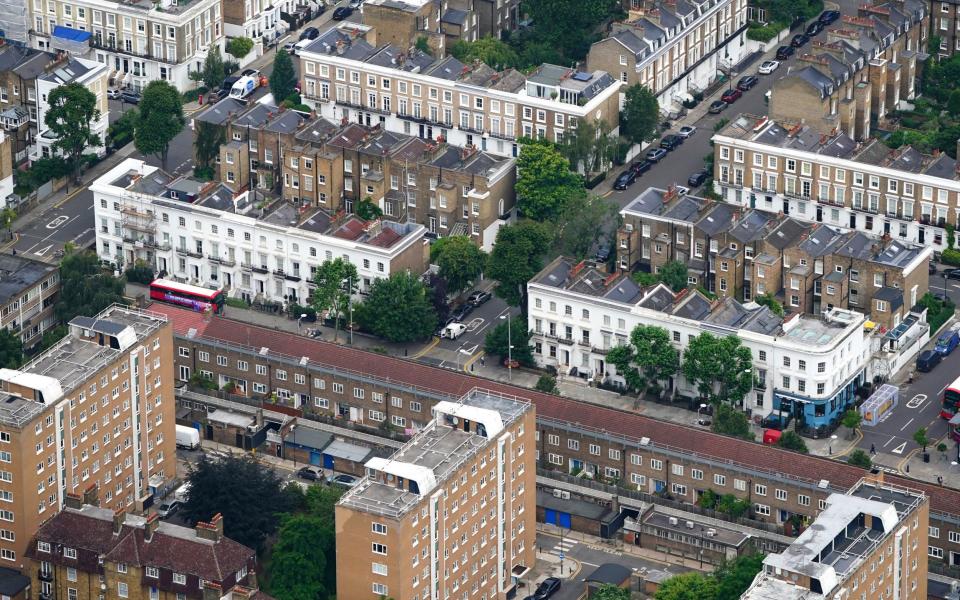Landlords face £1,700-a-year shortfall on new lets to social tenants

Landlords face a £1,700 annual shortfall on new lets to social tenants despite Jeremy Hunt’s bid to boost benefits in his Autumn Statement.
The increase in housing benefits payments announced last week will only cover a third of the increase in market rents from over the last four years, economists have warned.
This means that landlords letting to tenants on housing benefits will either receive rent below market rates or have tenants at risk of arrears.
The Chancellor announced last Wednesday that local housing allowance (LHA) rates, which determine the amount of housing benefit claimants receive, will be raised in April 2024 to cover rent on the cheapest 30pc of homes in each area.
LHA rates have been frozen since the pandemic began but record levels of rent growth since 2020 have meant that they are now out of kilter with what is available on the market.
Right now, instead of covering the cheapest 30pc of homes, housing allowances only cover rent on the cheapest 5pc of newly listed properties, according to property website Zoopla.
Mr Hunt’s latest decision means LHA rates will be raised to cover the cheapest 30pc of properties based on current rents.
But this increase will be based on average rent growth across all properties since September 2019, which is around 12.5pc. This measure includes tenancies that have not been renewed.
Andrew Wishart, who runs the housing service at Capital Economics, said the average increase in market rates on newly let properties was nearly three times this at 33pc.
This means that even after the increase in LHA, the monthly housing benefit payment for a two-bedroom home will still be £143 less than the market rate for a newly let home, Mr Wishart said. Over the course of a year, this will amount to a shortfall of £1,716.
Adam Kingswood, of Kingswood Residential Investment Management in Nottingham, said that landlords with tenants on benefits struggle to charge more than LHA rates because tenants cannot afford to make up the difference.
Mr Kingswood said: “We have landlords who want to increase rents because rents have increased by about 10pc in the last year and their costs have increased. But the tenants are already using all of their housing benefit and say they will not be able to feed their children.”
Mick Roberts, a large portfolio landlord in Nottingham who has tenants on benefits, said: “The average rent on a two-bed in Nottingham is £800. The local housing allowance is £550. If that goes up to £620 I’m still more than 20pc short.”
Mr Roberts said he would raise the rents on his social rent properties in line with the increase in LHA, but this will make up for only part of the shortfall with market rates.
The shortfall is also expected to increase further in the future.
Capital Economics has forecast that rents will rise by a further 7.7pc in 2025-26, but next year’s LHA uprating will be a one-off, with rates frozen again from 2025-26. “This will generate a fresh shortfall,” Mr Wishart said.
A DWP spokesman said: “The £1.2bn increase in Local Housing Allowance announced in the Autumn Statement means around 1.6m households will be £800 a year better off.
“Our approach is not intended to cover all rents in all areas, and we expect those in receipt of housing support to have to make the same decisions about where they can afford to live as those who do not receive benefit system support.
“We’ve also invested over £30bn in housing support this year, while our Discretionary Housing Payments provide a safety net for anyone struggling.”

 Yahoo Finance
Yahoo Finance 